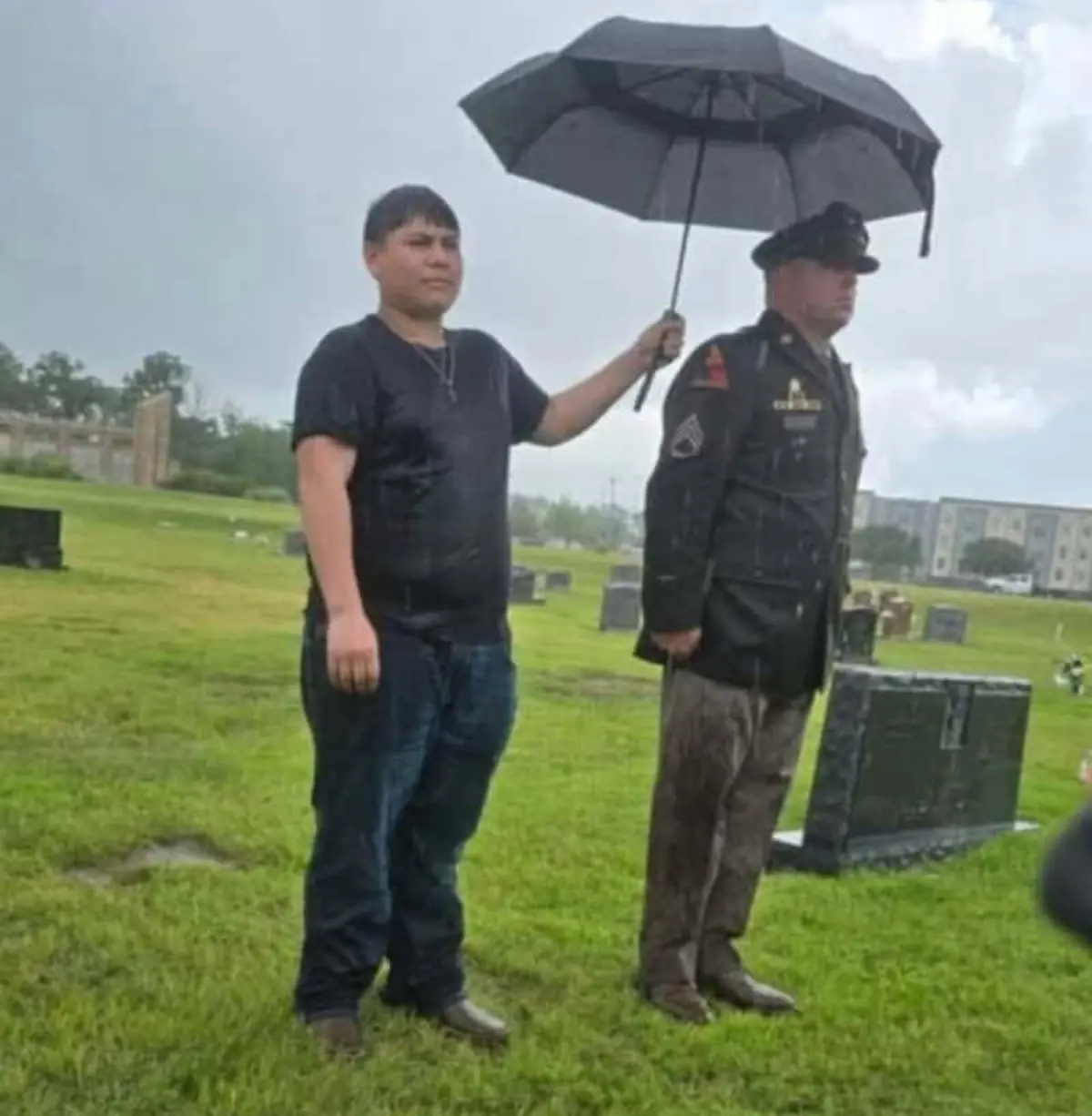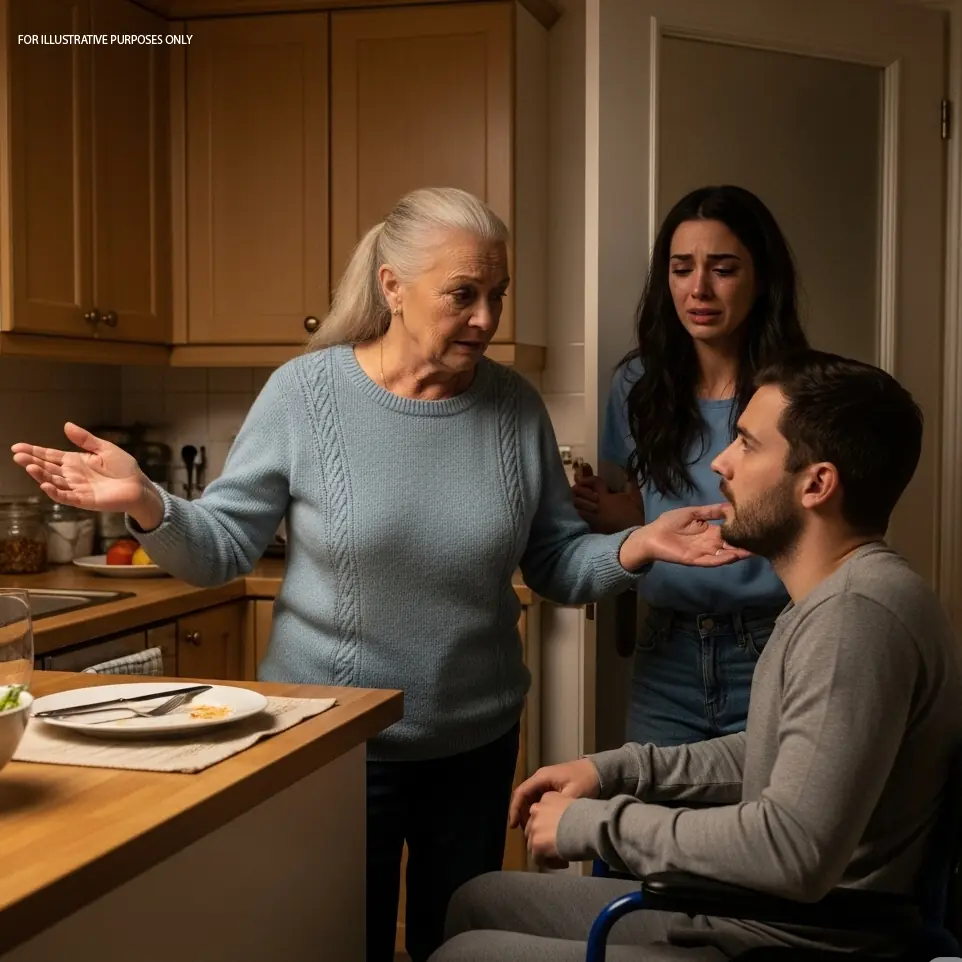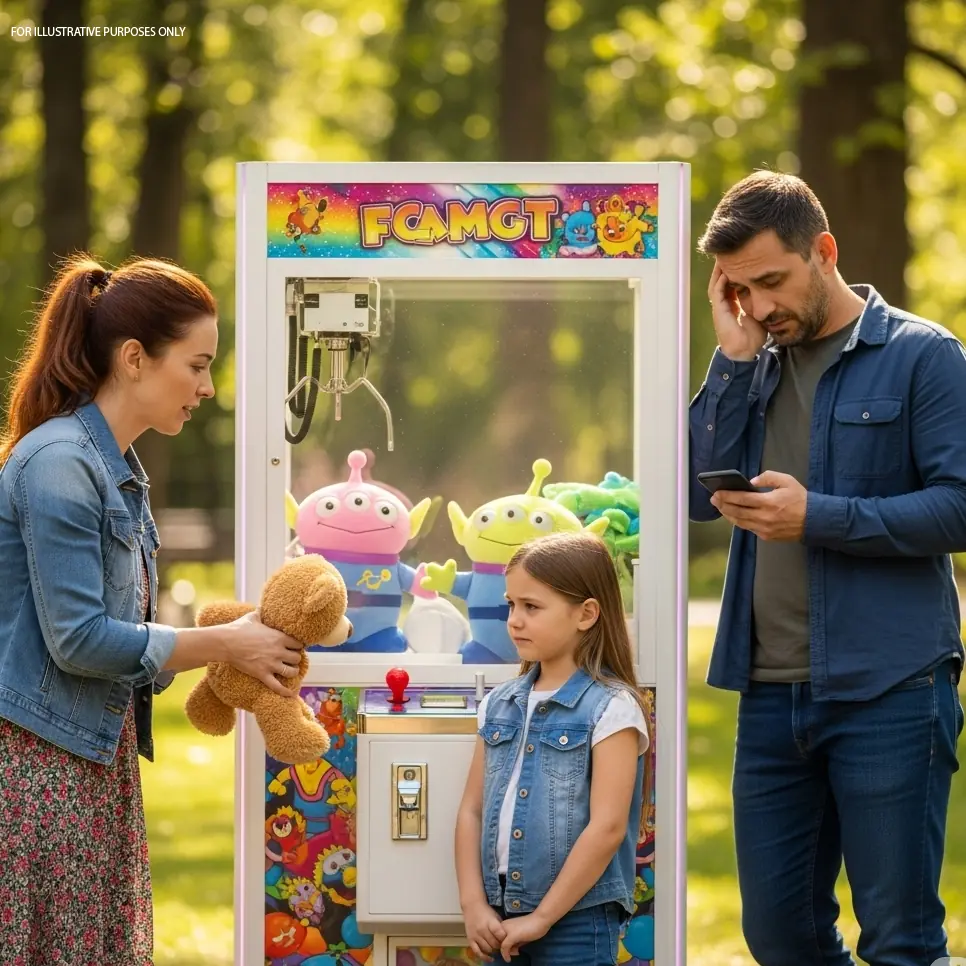A couple invites a troubled family member into their home, but things take a turn when their kindness is met with disrespect. Can they navigate the fallout while preserving their peace?

The Situation:
I always believed that family meant everything. After coming from a broken family where love was a rare commodity, my partner and I worked hard to create a stable, peaceful home. We had built a life based on understanding, mutual respect, and open communication. We had found our balance, and it was something we both cherished deeply.
But lately, everything started to feel like it was crumbling—like that balance was being threatened. It started with her—my partner’s younger sister.
She was 19, and her life had been a mess. She had unresolved mental health issues that she refused to address, something her parents never knew how to help her with. She hadn’t completed high school, wasn’t working, and was surviving on social assistance. Her relationship with her family had been difficult, particularly with her father, who was emotionally abusive. She had been living with him until she was kicked out for causing trouble with their landlord. I never understood the full extent of her struggles, but she’d reached out to us, asking for help.
We weren’t close, but family is family. We agreed to help her. We found her a place in the city, covered her first month’s rent and deposit, bought groceries and essentials, and even gave her some things from our own home. We felt good about helping her get on her feet.
Before she moved into her new place, we allowed her to stay with us for a few days. We laid out clear expectations: she would look after the cats, tidy up the house while we were away on vacation, and generally maintain the space as we would. Simple, right? It didn’t seem too much to ask, especially given all the help we were providing her.
We were away for five days, but when we came back, the state of the house hit us like a ton of bricks. The smell was the first thing that hit me—a mix of stale food and something else I couldn’t quite place. The kitchen was a disaster. Dishes were piled up, and the counters had crumbs scattered across them. The cat litter box hadn’t been touched. It was disgusting.
I couldn’t believe it. My partner, already frustrated, took on the responsibility of cleaning the cat litter, while I scrubbed the kitchen before we could even think about making dinner.
The Conflict:
That night, we sat down with her. My partner, always the patient one, tried to handle the situation calmly.
"Look," she began, her voice soft but firm, "We’re doing this for you. We’ve done so much to help you out. But we asked you to take care of the house while we were gone, and that didn’t happen. This is disrespectful."
The air grew tense. Her sister’s face, which had been more or less neutral, shifted into something darker. Her eyes narrowed, and her posture became defensive.
“Disrespectful?” she spat out, her voice rising. “What the hell is that supposed to mean? You’re the ones acting all high and mighty like you’re perfect!”
Her anger was explosive. The room seemed to shrink with the weight of it. I felt my body tense up in response, my mind racing. What was happening? She was supposed to be grateful. We had taken her in, helped her with everything—wasn't that enough?
She continued, her voice louder now. “You think you’re all clean and perfect, but you don’t even see how much you’re overreacting.”
"I’m not overreacting," my partner tried to explain, but it was like she wasn’t listening. "I just want to make sure we’re all on the same page, that’s all. We did a lot for you, and it’s not unreasonable to ask for basic help in return."
She stormed out, slamming the door behind her as she stepped outside to sit on the front steps. The sound of her angry phone calls echoed from the doorstep as she frantically dialed people to tell them we had “kicked her out.” The words felt like a slap in the face.
The Turning Point:
Later that night, I sat in the silence, replaying everything that had just happened. I felt a mix of guilt and confusion. Was I wrong? My partner and I had tried our best, but it seemed like we couldn’t do anything right in her eyes. What had gone wrong? Why was she treating us like this when we had given her so much?
That’s when my partner spoke up, her voice breaking the silence. “I don’t get it. We did everything we could. We bent over backward to help her. But she just... keeps pushing us away.”
I knew my partner was hurt. And I was too. But there was more to this than just anger. There was something deeper, something that I couldn’t ignore anymore. This wasn’t just about the house being dirty or her refusal to help—it was about respect, boundaries, and how we had been trying so hard to hold everything together, even when it felt like we were falling apart.
The next day, my partner’s family started sending messages, accusing us of being too harsh on her. They painted me as the villain for setting boundaries with her, and once again, I felt like the bad guy. I wasn’t just angry anymore—I felt defeated, like I couldn’t win either way.
But in the midst of all this, something started to shift within me. I realized I was afraid—afraid of confronting the truth about how I had been enabling this situation. It wasn’t just about the mess or the disrespect. It was about how much I had been willing to sacrifice in the name of family.
I started thinking about how this situation was affecting me, how much energy it was draining from me, and how little I had left to give. I was constantly trying to please everyone, to make things work, but at what cost? It wasn’t just my partner who needed to set boundaries—it was me too.
The Resolution:
I knew I had to stand up for myself, for my well-being. So, I sat down with my partner and told her what I was feeling.
“I’m not angry at her,” I said, my voice steady. “I’m angry at myself for letting this go on for so long. I’m angry that I’ve let her treat us like this. But I’m also angry at me for letting myself be pushed into a corner.”
My partner looked at me, her eyes softening. “I get it,” she said quietly. “I’m not blaming you. We’ve both been giving and giving. But we’ve been getting nothing in return.”
Together, we made the decision to have one final conversation with her. We needed to set clear boundaries and stand firm. We needed to let her know that while we loved her, we couldn’t continue enabling the behavior that was harming all of us.
When we sat down together, I took a deep breath and started. “Anna,” I said softly, “We’ve been helping you, but there have to be boundaries. You can’t keep disrespecting us like this. We’ve done everything we can, but now, we need you to take responsibility.”
She was quiet for a long moment, but eventually, her expression softened. “I didn’t mean to hurt you,” she whispered. “I just don’t know how to ask for help without pushing everyone away.”
It was a breakthrough. She had acknowledged the problem. And in that moment, I realized something important: this wasn’t just about setting boundaries—it was about showing compassion.
In the end, we all came together. Anna agreed to go to therapy, and we worked on creating a healthier relationship. It wasn’t easy, but it was the beginning of change. And though it took time, we learned that love doesn’t mean sacrificing yourself, and boundaries aren’t walls—they’re bridges.
And that was the most important lesson of all.























